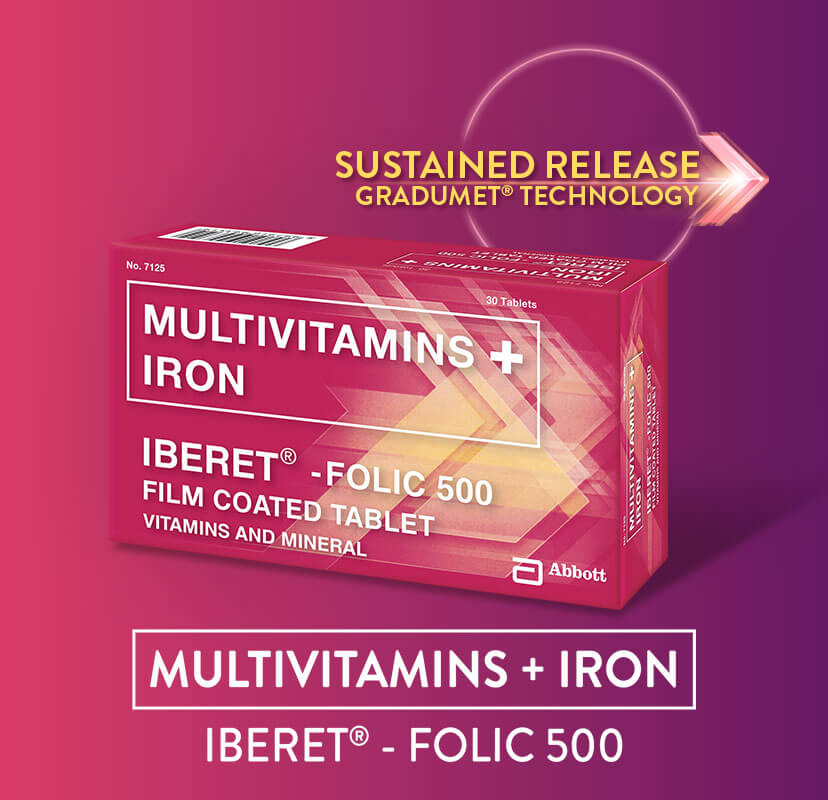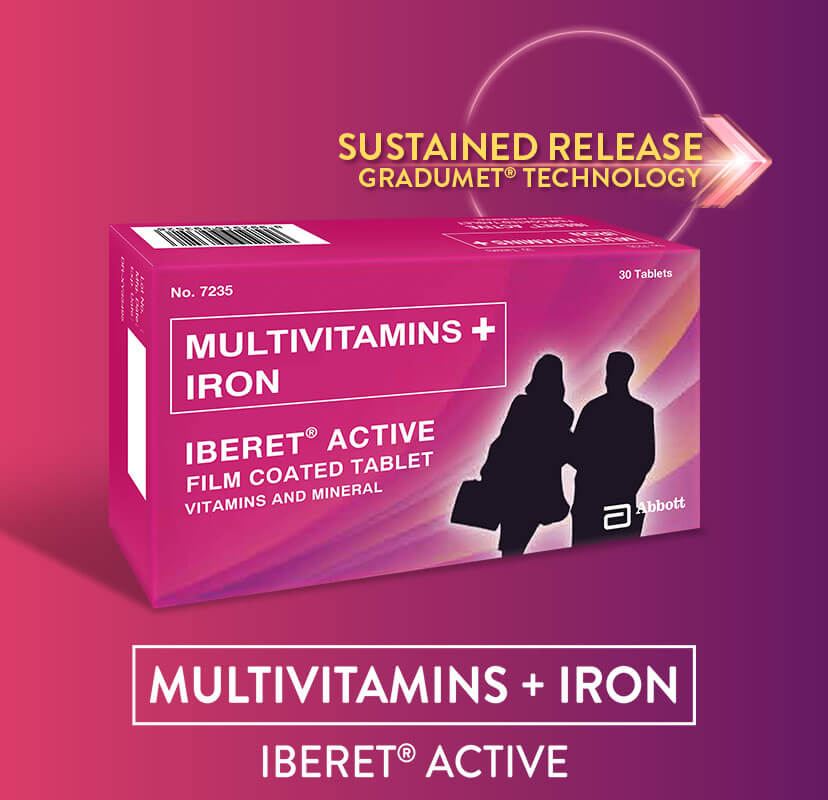Pregnant women require 27 mg iron per day.1 A regular diet is not sufficient to meet this need. According to WHO recommendation, all pregnant women should be given 30-60 mg iron and 400 mg folic acid daily and this dosage should continue until they are breast-feeding.2 This combination is important because both iron and folic acid deficiencies are common during pregnancy. Multivitamins + Iron (Iberet® -Folic 500) has iron, folic acid, vitamin C and vitamin B complex and is specifically designed for prevention and treatment of IDA during pregnancy. Since many pregnant women have nausea, acidity and vomiting, regular supplements may not be beneficial. To overcome this, Multivitamins + Iron (Iberet® -Folic 500) also features Gradumet® Technology for maximum iron absorption while being gentle on the stomach.
While the supplements will provide the excess iron required, it is also important to maintain a good, balanced and iron-rich diet. This is important for you, your developing baby and an overall healthy pregnancy. If the iron requirements are not fulfilled through diet and oral supplementation, the doctor will have to prescribe iron injections.3
A Food Guide to Combating IDA gives details of iron-rich foods and diet management to maximize iron absorption. It is not just beneficial for iron uptake but ensures a healthy nutritious diet. In addition to that, you can include certain food habits to fulfil your daily iron requirement.
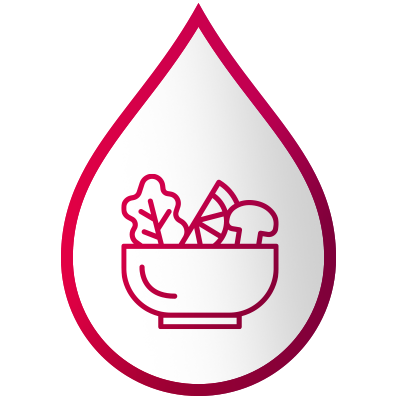
iron-rich food every meal
and even in your snack.
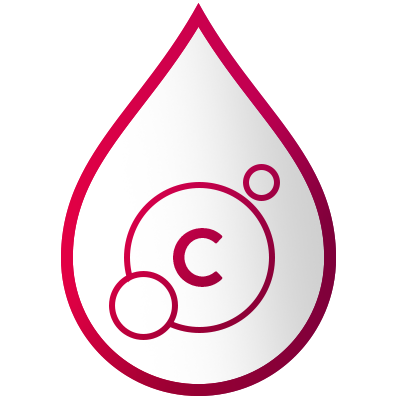
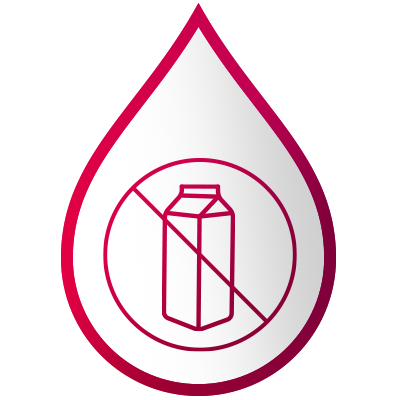
with iron-rich foods.5
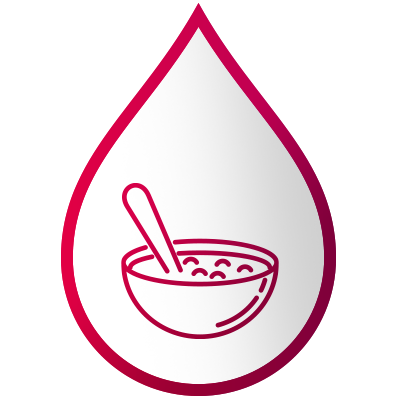
grains and cereals.6
Be mindful of what you eat during pregnancy. Remember, a healthy mother equals a healthy baby!
Reference:
1Santoyo-Sánchez A, Aponte-Castillo JA, Parra-Peña RI, Ramos-Peñafiel CO. Dietary recommendations in patients with deficiency anaemia. Rev Médica Del Hosp Gen México. 2015;78(3):144-150. doi:https://doi.org/10.1016/j.hgmx.2015.06.002.
2WHO Recommendations on Antenatal Care for a Positive Pregnancy Experience. World Health Organisation; 2017
3Garzon S, Cacciato PM, Certelli C, Salvaggio C, Magliarditi M, Rizzo G. Iron Deficiency Anemia in Pregnancy: Novel Approaches for an Old Problem. Oman Med J. 2020;35(5):e166. doi:10.5001/omj.2020.108.
4Teucher B, Olivares M, Cori H. Enhancers of iron absorption: ascorbic acid and other organic acids. Int J Vitam Nutr Res Int Zeitschrift fur Vitamin- und Ernahrungsforschung J Int Vitaminol Nutr. 2004;74(6):403-419. doi:10.1024/0300-9831.74.6.403.
5Lynch SR. The effect of calcium on iron absorption. Nutr Res Rev. 2000;13(2):141-158. doi:10.1079/095442200108729043.
6Iron Deficiency Anemia. Assessment, Prevention, and Control. A Guide for Programme Managers. World Health Organisation; 2001.

